According to the US "Fortune" magazine, the average life span of small and medium-sized enterprises in the United States is 8 years, and the average life span of large enterprises is 40 years. The average life span of small and medium-sized enterprises in Japan is 12 years. The average life span of large enterprises is 58 years, while the average life span of small and medium-sized enterprises in China is only 2.5 years. Group companies The average life span is only 7-8 years. Not only is the life cycle of a company short, but there are very few companies that can become stronger and bigger. In terms of century-old stores, the number of Chinese companies lags behind developed countries.
Of course there are many reasons why an enterprise cannot grow long or grow big.
On the one hand, compared with European and American countries, Chinese entrepreneurs have inherent disadvantages and shortcomings: the popularity of higher education in European and American countries is significantly higher than that in our country, and the cultural quality of entrepreneurs is generally higher than that in our country. Moreover, the entrepreneurship education system in European and American countries is well-developed, and universities generally Open entrepreneurship education courses, but my country has only begun to pay attention to entrepreneurship education in recent years; applied universities in European and American countries account for as much as 80% and are committed to cultivating technical talents with practical abilities. However, university education in my country generally blindly pursues the cultivation of academic talents, and most College graduates are neither proficient in academics nor good at application, and it is difficult to effectively combine the knowledge they have learned with entrepreneurial practice; entrepreneurs should be a group of risk enthusiasts who can cope with uncertainty through continuous innovation, but a large number of entrepreneurs in my country Some people do not respect the entrepreneurial spirit, but are impetuous and want to get rich overnight. It is difficult to expect them to lead the company to achieve sustainable development.
Perhaps it is precisely because of impetuousness and the desire to get rich overnight (in Chinese words, it is called "fear of poverty") that many companies seek speed and quantity, and often use low prices to obtain customers. Low prices will inevitably lead to low quality. How can we talk about longevity without good quality? If the company itself cannot last long, how can it provide long-term services to customers?
We often hear customers complain: Can you help us repair the products we bought before? Can't find the previous supplier?
Customers' needs are the value of our existence. Of course we are willing to provide better services to customers, but we do not say YES to all customers. There are also times when we say NO to customers, that is, we do not agree with the past. For some trustworthy customers, we will not provide any services to them within 5 years (even if they buy goods with cash in hand), and they will be included in the customer blacklist. (Xiaweiyi has an internal customer credit rating evaluation system).
In this era of high labor costs, we must use our best energy and manpower to make the best products, provide better services to high-quality customers, so that both customers and us can gain more existence value and become better partners. partners to achieve true win-win.
We would rather give customers a temporary explanation for the price than make a lifelong apology for the quality.
It is our business service concept that has won us the recognition and choice of more outstanding companies.



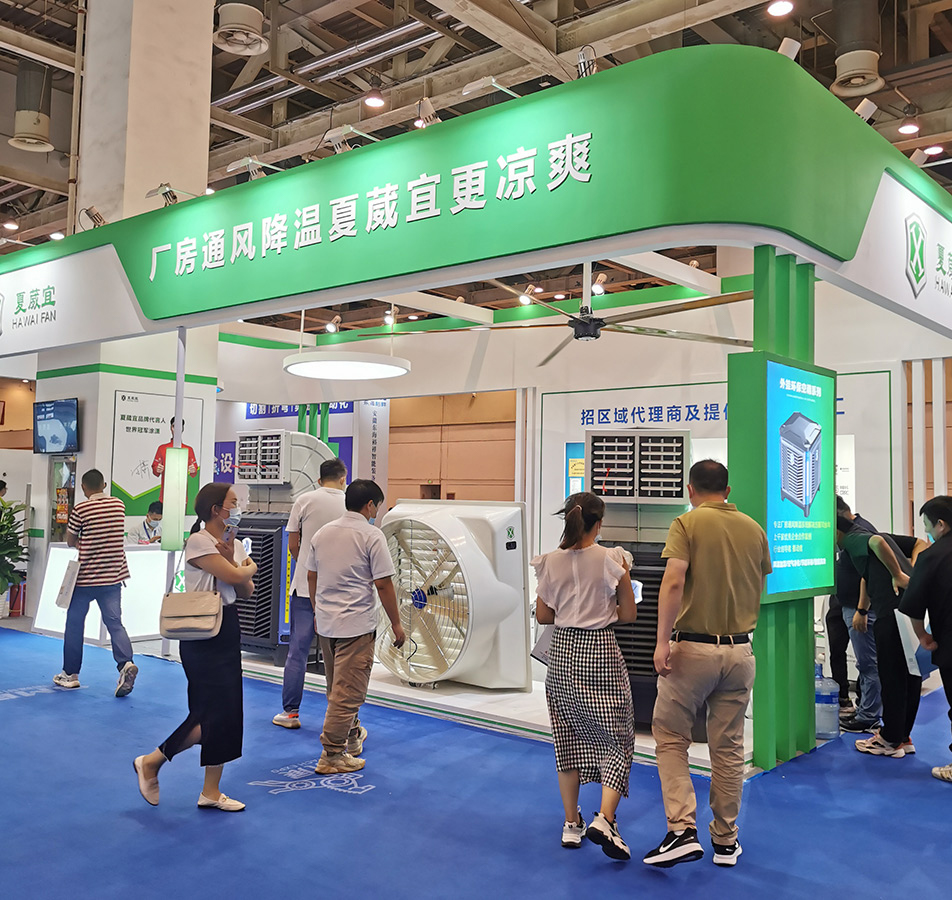
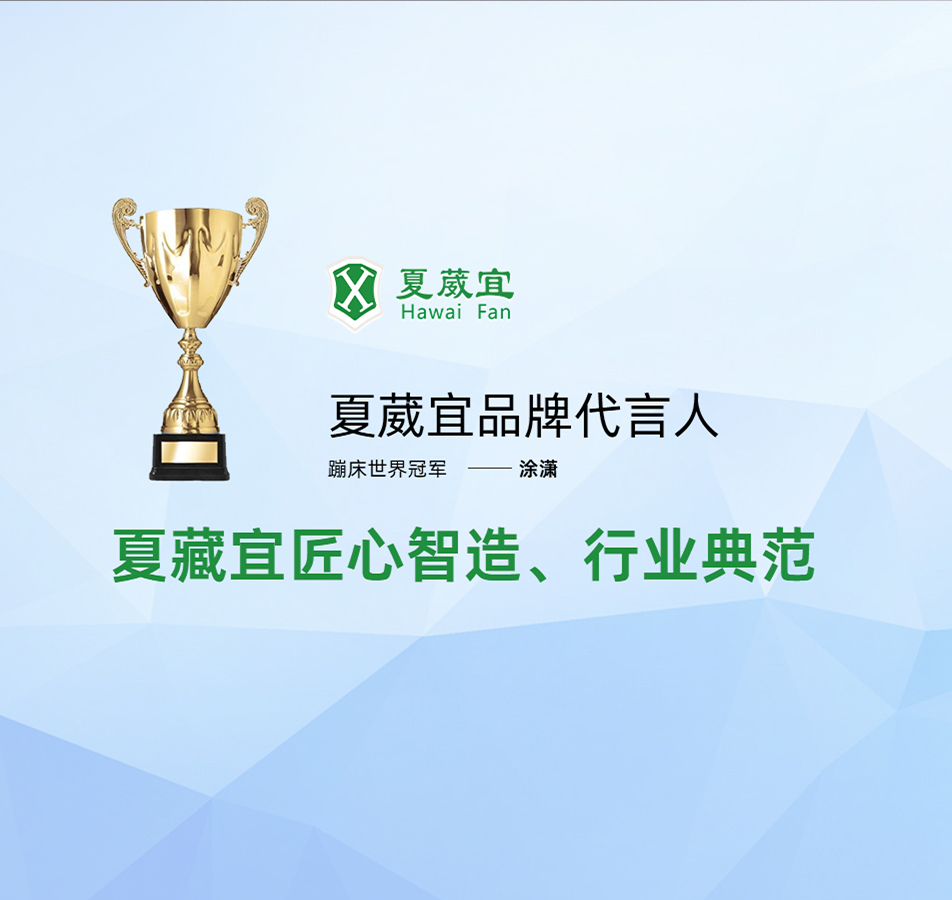
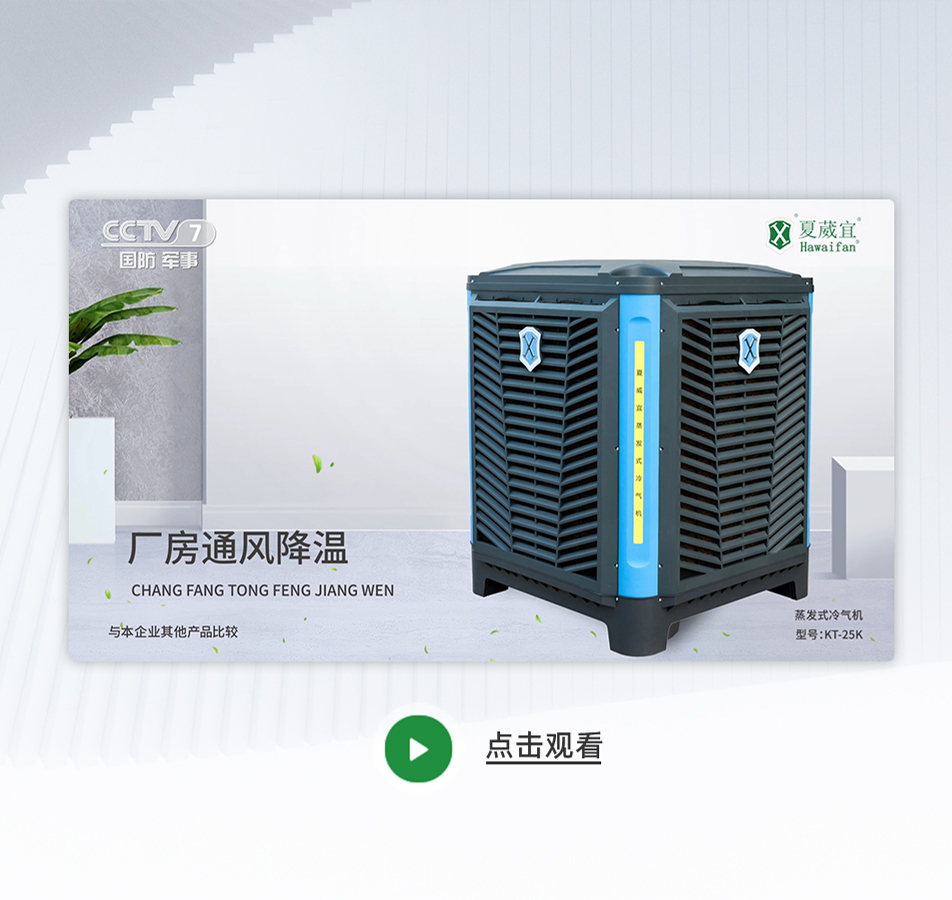
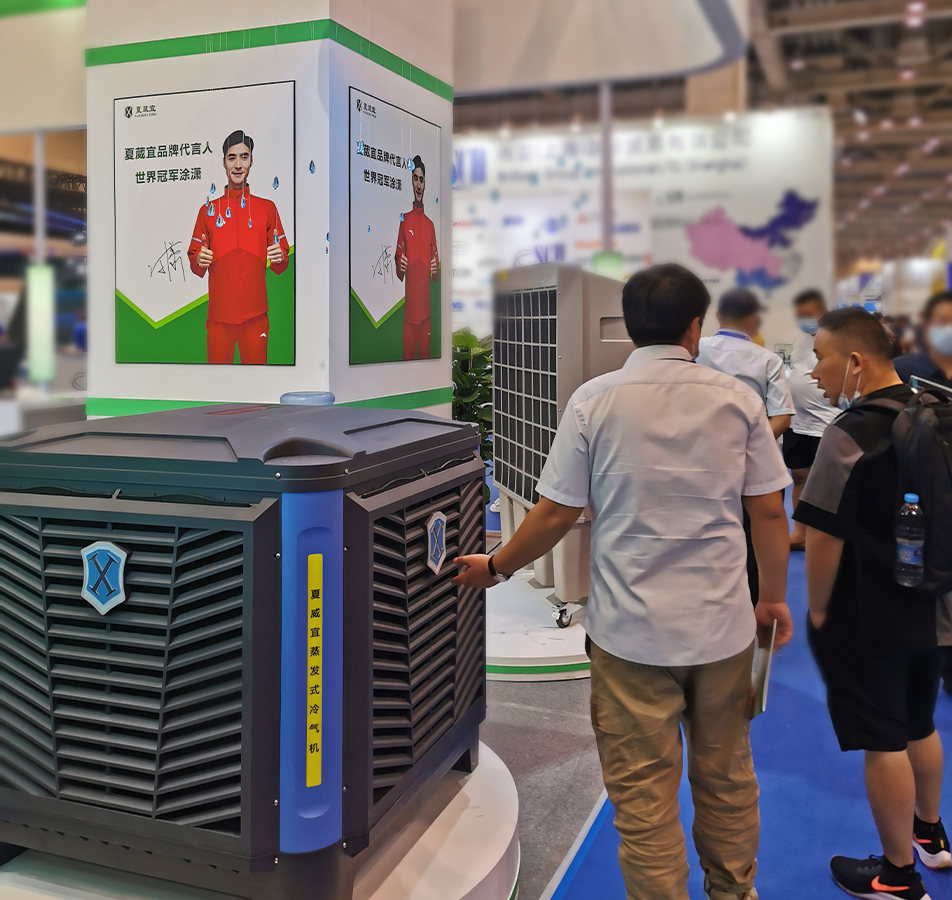

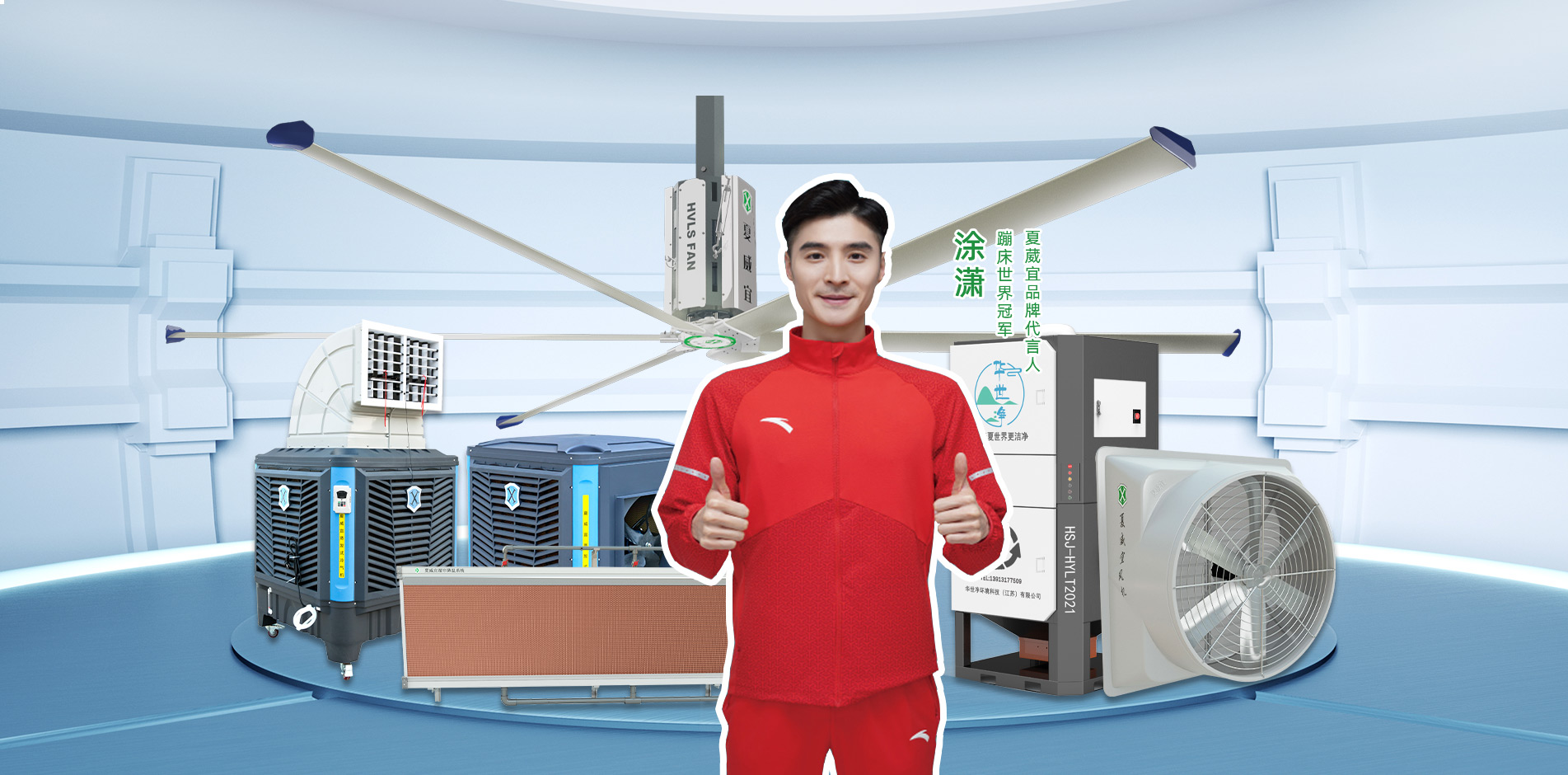



 Home
Home Products
Products Telephone
Telephone Message
Message






